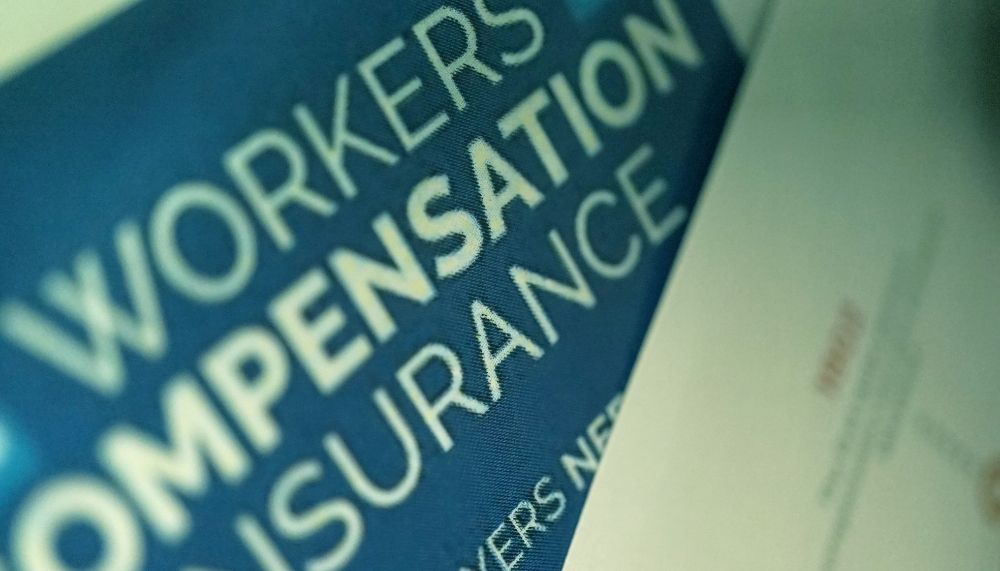Garden Grove Workers Comp Lawyer
The National Safety Council reports that a worker is injured on the job approximately every second seconds in the US. Workers in construction, manufacturing, and other physically demanding jobs tend to experience workplace injuries at higher rates than workers in other industries, but anyone can sustain an injury or illness on the job. Falls, overexertion, and being struck by objects or equipment are the top causes of work-related injuries, and many injured workers require extensive medical treatment to recover. The combination of exorbitant healthcare expenses and lost income poses a problem for many families, especially in cases where the injury prevents them from returning to work for a long period of time.
The California workers’ compensation system allows injured workers to seek prompt treatment and maintain financial security while they recover. Still, understanding this system can be challenging, and insurance companies are well-known for refusing even valid claims to avoid paying out. If you are injured at work, review the information below to learn what you can expect from this process, then contact the Garden Grove workers’ compensation lawyers at Pratt Williams for the best results in your case.

How Do You Win Workers Compensation Injury Cases?
When a worker sustains an injury on the job, they can file a workers’ compensation claim to obtain benefits for medical care, temporary or permanent disability, and vocational rehabilitation they need to reenter the workforce. However, there are certain requirements and restrictions for obtaining these benefits, such as:
- You must be a part-time, full-time, or seasonal worker to qualify for workers’ comp coverage. Independent contractors, freelancers, “gig” workers, and other types of workers are not considered employees under workers’ compensation law.
- Your employer must carry employer workers’ compensation insurance. Any business in California that employs at least one person is legally required to cover all workers.
- Your injury must be work-related, meaning it occurred on the job site or while performing duties for your employer. Injuries sustained off-site, during off-hours, while under the influence of drugs and alcohol, violating company policies, breaking the law, or attempting to hurt yourself or others are not covered by workers’ compensation.
- You must report your injury within 30 days and file your claim within one year, or you will likely be ineligible for compensation.
To file a successful claim, you begin by reporting your injury to your employer immediately after it occurs. They will provide you with a blank Workers’ Compensation Claim Form, which you must fill out to describe the location and nature of your injury, and then return it to them. After they complete their portion of the form, they submit it to their insurance company for review. While you wait for them to perform this review, you are entitled to seek medical treatment from an approved healthcare provider. If they accept your claim, they will begin paying benefits for medical expenses and lost wages. If they deny your claim, you can appeal this decision. If you don’t hear anything after 90 days, assume your claim is accepted.
To ensure your rights are protected and your claim stays on track, it is crucial to keep records of everything related to your claim. This includes:
- Medical records, doctor’s notes, hospital bills, and other documentation of your injury
- Information about how your injury impacts your ability to work
- Records of out-of-pocket expenses you incurred from your injury that workers’ compensation may cover, such as medications, assistive devices, or travel costs for attending medical appointments
- Pay stubs and time sheets that show your average weekly income, the dates you worked, and the dates you did not work due to your injury
- Any communication with your employer, their insurance company’s claims adjuster handling your case, and anyone else involved in your claim
A Garden Grove expert attorney who specializes in workers’ compensation can help you understand how the law applies to your case, gather the evidence you need to support your claim, and conduct negotiations with the insurance company to obtain the maximum settlement amount. If they deny your claim or fail to offer reasonable compensation, an attorney can help you appeal this decision or take your case to court and represent you during any proceedings.
When Should I Hire a Workers Compensation Attorney?
You should contact a Garden Grove workers’ comp lawyer right after a sustaining a workplace injury if any of the following apply to your situation:
- Your employer does not carry workers’ compensation insurance. You may be able to receive benefits directly from your employer or file a claim against them in civil court. If they are unable to pay for your benefits, the Uninsured Employers Benefits Trust Fund will cover them, but you will be expected to reimburse this agency if you recover damages in a civil case.
- Your employer tries to argue that you are not eligible for benefits even if you are a covered employee. Intentionally misclassifying workers to avoid paying benefits is a common occurrence and is highly illegal.
- Your employer denies that your injury is work-related. This happens often in cases where workers have pre-existing conditions that are aggravated by their work duties.
- Your symptoms develop gradually. Traumatic brain injuries, cumulative stress injuries, and occupational illnesses caused by exposure to toxic substances or other hazards are not always obvious and only become worse over time.
- Your workplace injury is “psychiatric,” meaning psychological or emotional in nature. This type of injury can result from persistent and severe workplace stress, being the victim of an act of violence in the work environment, exposure to a “significant violent act” at work, or a physical workplace injury. Because psychiatric injuries cannot be revealed with x-rays or other more objective tests, they are extremely difficult to prove.
- The doctor approved by the insurance company does not evaluate you thoroughly, dismisses your concerns, or does not refer you to a specialist, even after you request it.
- You disagree with the doctor’s diagnosis or opinion about your ability to work. You are legally entitled to receive a second opinion about the tests or treatment you need, the cause of your injury, and/or the type of work you can perform.
- Your employer challenges your assertion that you are unable to work due to your injury and/or tries to force you to return too quickly.
- Your employer retaliates against you after you file a claim, such as by reassigning you, demoting you, reducing your hours, cutting your pay, or wrongfully terminating you.
- The insurance company fails to offer the benefits you qualify for or pay them promptly. This can occur if your injury requires long-term treatment that they may be unwilling to cover or if you miss a significant amount of work that the settlement does not replace. They may also delay in paying these benefits if they believe you will not pursue them.
- Your employer or their insurance company ask you for an Independent Medical Evaluation (IME) by a company doctor even though you have been receiving benefits. This is usually an excuse to prove that your injury is no longer as severe as it was when you first filed for benefits and often serves as a precursor to unfairly reducing or terminating your benefits.
- Your employer or their insurance company accuses you of filing a fraudulent claim. Workers’ compensation fraud refers to an employee intentionally lying about their injuries to defraud the insurance company by receiving benefits for which their injury does not qualify. An attorney can help you resolve this situation.
- Your injury prevents you from returning to your previous job, limits the type of tasks you perform, or keeps you from returning to work at all.
- Your case is litigated in court, and your employer or their insurance company fail to honor the judge’s decision to provide benefits for your injury.
- Your injury occurred because your employer was negligent or intentionally endangered your health and safety. You may be entitled to pursue legal recourse with a personal injury claim along with recovering benefits in a workers’ compensation claim.
- Your injury resulted from involvement by a third-party. You may be able to file a premises liability claim or a defective product claim in addition to or in place of your workers’ comp claim.
How Much Do Workers Compensation Lawyers Charge in California?
Workers’ compensation lawyers charge on a contingency basis. This means that clients are not responsible for paying attorney fees unless they obtain compensation in their case via a settlement or litigation. If they win your case, the attorney’s fees are subtracted from the compensation amount at a rate of 9% to 12% of the total award. Simple cases may cost less, while more complicated cases will likely cost more. If your case involves multiple employers or complex legal issues, or your attorney is forced to conduct a comprehensive investigation to prove your claim, your fee can be up to 15%.
Obtain the Compensation You Deserve
Managing a workers’ compensation claim can be difficult even under the best circumstances, but any number of issues may arise that complicate or delay the process. The only way to protect your rights and interests is to secure legal representation from a Garden Grove workers’ compensation lawyer. At Pratt Williams, our experienced attorneys offer the comprehensive, individualized services you need to overcome any obstacles and secure the optimal outcome in your case. Contact us today to speak with our team.




